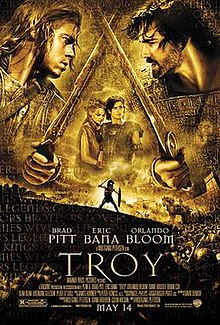 "That's something I'd never do. I'd never step on an ant. Put three of my kids through college."
"That's something I'd never do. I'd never step on an ant. Put three of my kids through college."That quote from Milton Levine, co-creator with his brother-in-law, of the class ant-farm, was taken from an interview with NPR radio. Milton died last week, at the age of 97, in California.
Milton came up with the idea for the ant-farm after watching some pavement ants one day. he brought the classic ant-farm to the market in 1956 and, over the years, has sold over 20 million.
You can still buy the classic Uncle Milton Ant-Farm, as shown above, at a number of on-line retailers. In recent years, however, another design has become more popular. These are an illuminated farm in which the soil/sand has been replaced with a florescent gel. The gel apparently, isn't just a digging medium, but contains some food and water for the ants. I'll have to buy one and try it out.
An ant-farm has even gone into space. A project designed by high school students from Syracuse, New York, sent 17 harvester ants into space on the shuttle Columbia in 2003. The purpose was to study how they tunnel in a micro-gravity environment. While their data was downloaded each day during the project, the ants would never return alive. They were lost when the Columbia disintegrated during re-entry on Feb 1, 2003.
I've always wondered why the choice of ants for these farms was almost always harvester ants (Pogonomyrmex spp.). Apparently their large size reduced the number of escapees, a characteristic some parents probably valued greatly. The problem with this species, however, is their painful sting. It is much worse than the southern fire ant (Solenopsis invicta).
Last night, I happened to catch the replay of an interview on CBC Radio from 1997, with the Canadian distributor for Uncle Milton ant-farms. He didn't seem as particular about the ant species and was offering 0.5 - 0.75 cents per ant to prospective ant-ranglers (I think his ad for ant-ranglers prompted the interview). Seems when people buy these farms they like them to come with ants. I don't know if the job still stands but it could be a fairly lucrative way to spend the summer.
Photo Credit: NPR Radio


